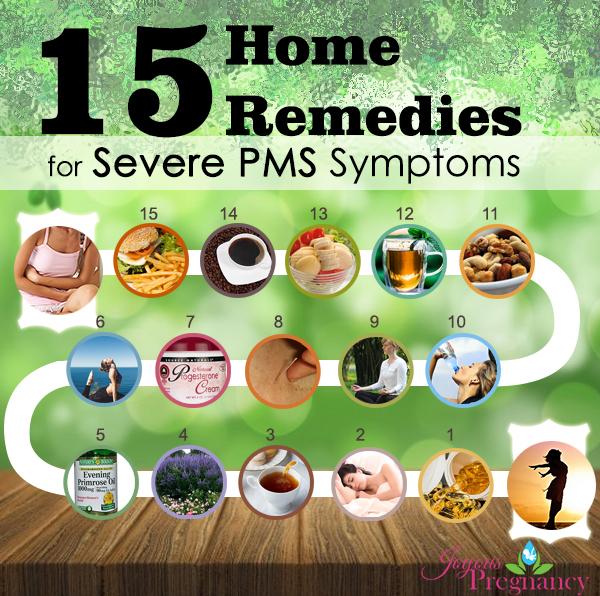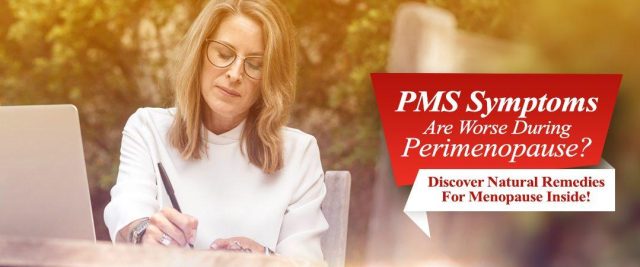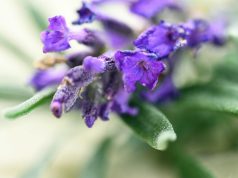Premenstrual syndrome (PMS) affects millions of individuals worldwide, manifesting in a range of physical and emotional symptoms that can significantly disrupt daily life. While the severity of these symptoms varies from person to person, the search for relief is a common thread that unites those who experience PMS. In this article, we will explore a variety of natural remedies that offer a gentle, holistic approach to alleviating the discomfort associated with PMS. Our aim is to empower you with knowledge and strategies that respect your body’s natural rhythms and promote overall well-being. Whether you’re seeking alternatives to conventional treatments or looking to complement your existing regimen, these natural solutions provide a compassionate pathway to managing PMS symptoms effectively.
Understanding Your Body: The Root Causes of PMS Symptoms
Premenstrual syndrome, commonly known as PMS, is a complex interplay of hormonal fluctuations and other physiological factors that can lead to a range of symptoms. Understanding these root causes can be empowering, as it provides insights into effective management strategies. Hormonal imbalances, especially the shifts in estrogen and progesterone, are primary culprits. These hormonal changes can affect neurotransmitters like serotonin, leading to mood swings, irritability, and anxiety.
Other contributing factors include:
- Dietary habits: High intake of caffeine and sugar can exacerbate symptoms.
- Lifestyle factors: Lack of exercise and chronic stress can worsen PMS.
- Genetic predisposition: Family history can play a role in the severity of symptoms.
| Factor | Impact |
|---|---|
| Hormonal Imbalance | Causes mood swings and physical discomfort |
| Dietary Choices | Influences energy levels and mood stability |
| Stress Levels | Increases susceptibility to severe symptoms |

Harnessing Herbal Allies: Effective Plants for Symptom Relief
For many, the days leading up to menstruation can be a challenging time, but nature offers a plethora of herbal allies to ease the journey. Chamomile, known for its calming properties, can help soothe irritability and anxiety, often associated with PMS. A warm cup of chamomile tea before bed not only aids in relaxation but can also help alleviate mild cramps.
Another powerhouse herb is Ginger. Its anti-inflammatory properties make it a fantastic choice for reducing menstrual pain. Consider incorporating ginger tea into your daily routine or adding fresh ginger to your meals for its therapeutic benefits. Similarly, Peppermint is celebrated for its ability to relieve bloating and discomfort. A refreshing peppermint tea can work wonders in calming an upset stomach and reducing tension.
- Chamomile: Reduces anxiety and irritability.
- Ginger: Decreases inflammation and eases pain.
- Peppermint: Alleviates bloating and discomfort.
For those seeking a multifaceted approach, consider the following herbs and their specific benefits:
| Herb | Benefit |
|---|---|
| Raspberry Leaf | Balances hormones |
| Evening Primrose Oil | Reduces breast tenderness |
| Valerian Root | Improves sleep quality |

Nutritional Strategies: Foods and Supplements to Ease Discomfort
Managing PMS symptoms can be challenging, but integrating certain foods and supplements into your diet may offer relief. Opt for a diet rich in whole foods that support hormonal balance and reduce inflammation. Consider incorporating the following into your daily meals:
- Leafy Greens: Packed with magnesium, they can help alleviate muscle cramps and improve mood.
- Fatty Fish: Salmon and sardines are high in omega-3 fatty acids, which can reduce inflammation and ease bloating.
- Nuts and Seeds: A source of healthy fats and magnesium, they can help stabilize mood swings and reduce water retention.
Supplements can also play a supportive role in easing PMS discomfort. Here are a few to consider:
| Supplement | Potential Benefits |
|---|---|
| Calcium | May reduce mood swings and bloating |
| Vitamin B6 | Can help with mood regulation and reduce irritability |
| Evening Primrose Oil | May alleviate breast tenderness and improve skin health |
While these nutritional strategies can be beneficial, it’s essential to listen to your body and consult with a healthcare provider before making significant changes to your diet or supplement regimen.

Mind-Body Practices: Techniques to Alleviate Emotional and Physical Stress
Incorporating mind-body practices into your daily routine can be a soothing balm for both emotional and physical stress, particularly when dealing with PMS symptoms. These techniques not only foster relaxation but also promote a deeper connection between your mental and physical well-being. Here are some effective strategies:
- Yoga: Embrace gentle yoga poses that focus on the lower back and abdomen, such as the Cat-Cow stretch or Child’s Pose. These movements can help alleviate cramping and reduce stress hormones.
- Meditation: Regular meditation practices, especially mindfulness meditation, can significantly reduce anxiety and mood swings by encouraging present-moment awareness and acceptance.
- Deep Breathing: Practice diaphragmatic breathing exercises to calm the nervous system. Inhale deeply through the nose, allowing your abdomen to expand, and exhale slowly through the mouth.
| Technique | Benefits |
|---|---|
| Yoga | Reduces cramps, improves flexibility, balances mood |
| Meditation | Decreases anxiety, enhances emotional stability |
| Deep Breathing | Lowers stress levels, calms the mind |
By embracing these practices, you cultivate a nurturing environment for both your mind and body, which can lead to a significant reduction in the discomfort associated with PMS. Remember, consistency is key, and these practices can be adjusted to fit your unique needs and lifestyle.








































